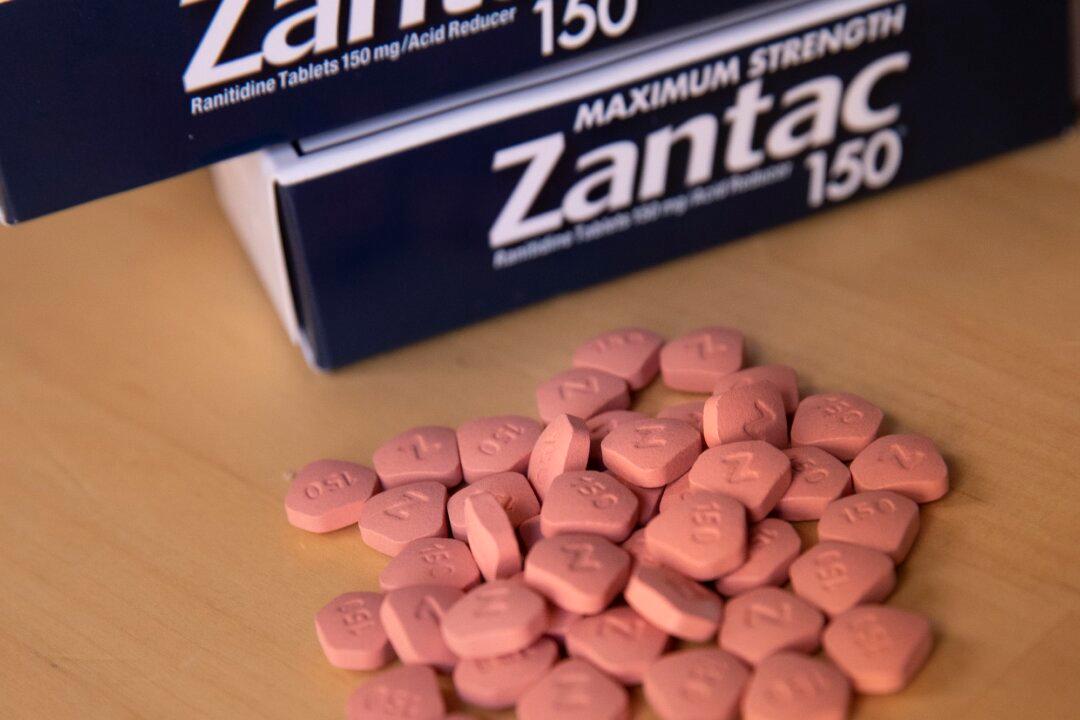Biopharma company GSK reached settlement agreements with 10 law firms representing multiple plaintiffs in cases related to the company allegedly selling carcinogenic drugs.
The settlement affects about 80,000 cases managed by these law firms, which represent 93 percent of lawsuits filed in the United States against GSK for its Zantac drug, according to an Oct. 9 company statement. “Under these agreements, GSK will make an aggregate payment of up to $2.2 billion to resolve all U.S. state court product liability cases,” it reads.





